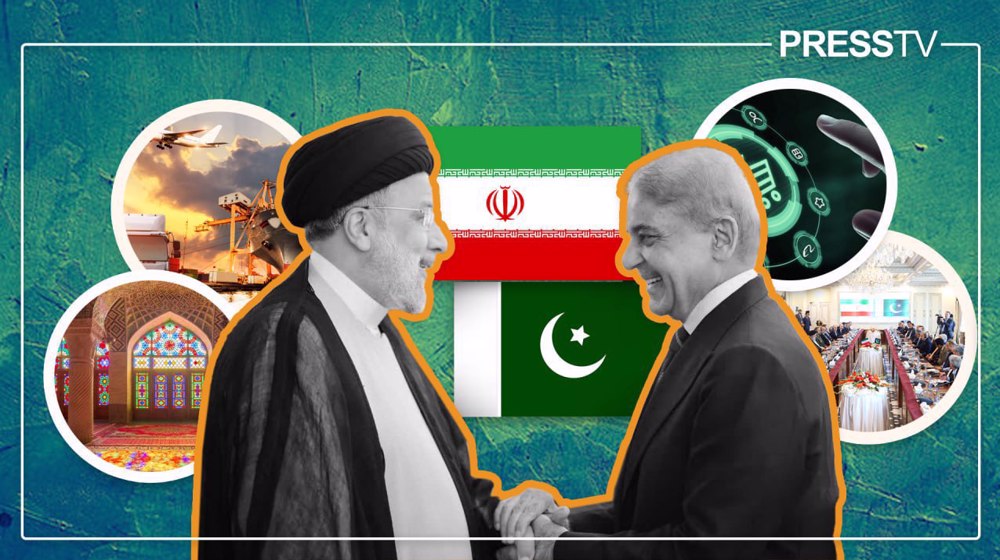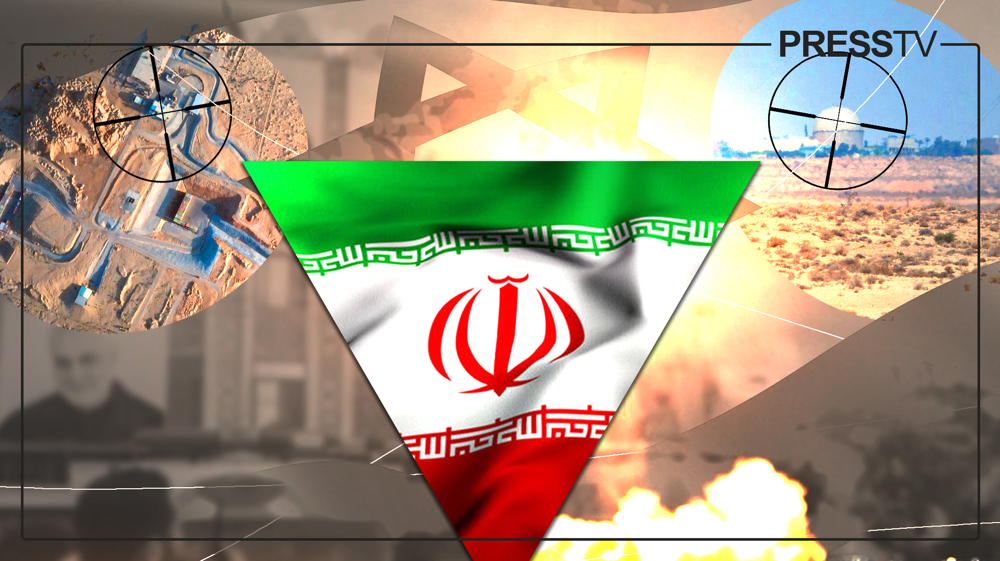Pakistan-China economic corridor and small provinces of Pakistan
By Amir Hamza Bangash
Running a country might be an art, but this art itself is backed by the strong scientific reasons to stay successful.
It is research that provides a strong base for any big decision related to the strategic planning or infrastructure investment in most of the Western countries. It is research that shows you your strength and weakness in every field of life. It is research that gives you a hope and provides a strong reason for your survival.
Most of us misapprehend the development in the West by counting only the sky scrapers, but we forget that even they are the product of research itself. Certainly, it is the systematic use of ‘human mind’ which provides the strong base for the stable and developed human society.
The Western societies – which are mostly research oriented – always attempt to reach the best from the better by evaluating and cross-examining any of its past events, any present phenomenon or even any future event to know in detail, without any bias, about the causes or any possible impact attached to it. It is research that identifies a gap and then fills the gap in a scientific way. Spending ₤17 billion on research and development by the UK government in 2012 is an evident proof of choice of moving from better to the best, in a proper direction.
The Research Councils in the different fields of life in UK like Arts and Humanities, Biotechnology, Biological Sciences, Engineering, Physical Sciences, Economics, Social Sciences, Medical, Natural Environment and Science and Technology is the evident example of providing a strong base for the government to move forward to the much better conditions. It is a fact that government learns from the findings and creativity of these researchers sitting in these different councils.
Unfortunately, this trend of exploring the scientific base is missing in most of the Oriental countries that still live at the mercy of world powers and desperately need their help to survive and to justify its living. In reality, every country is dependent on others up to some extent but everything has a limit. The situation in Pakistan is no more different from any other developing country in the world.
We have history of tragedies in our country that we mostly come short of doing justice with the mega projects; and the best example in the recent scenario is Pak-China Economic Corridor – a proposed $46-billion project. The original proposed route of trade of this economic corridor passes through several cities of less developed Khyber Pakhtunkhwa and Balochistan, which (now many analysts and political parties of Pakistan believe) has been diverted to the most developed Punjab province via alternate routes. It will not only serve as a route for trade but will host many projects like oil and gas pipeline, fiber optic cable project, railway track for 3,000 km, free trade zone and industrial zone as well.
It is difficult to find any scientific reason for the (possible) diversion – which will make the natural route 900 km long – but it seems that the decision of the government is perhaps politically and ethnically motivated. The ruling party belongs to, and has secured most of its mandate from the Punjab province. We have not seen any debate or research study conducted on the proposed route – Gwadar to Kashgar via Khyber Pakhtunkhwa – to show the demerits of it. It should be noted that this natural route (if survived) will join the two provinces Khyber Pakhtunkhwa and Balochistan directly through rail link which is now connected through two provinces.
This is not the first time, but in fact, a routine in our country where we fail to provide any scientific logic for any big decision in the present or past like: enmity with India, imposing a controversial history on the school students, interference in Afghanistan since long, introduction of Jihadi culture in the region and relying on violence rather than a diplomacy to pursue a foreign policy in the region. It is too hard to find any sensible academic reason to answer these questions as most of them have assumptions of jingoism.
In such case, it is the right of the people of Khyber Pakhtunkhwa and Balochistan to question the developmental projects in the country like Pak-China Economic Corridor and the settlement of related trade and industrial zones. It is very strange that Khyber Pakhtunkhwa has always been used as a base for wars: first, for ‘Jihad’ in Afghanistan; now, for eliminating the same ‘Jihadi Terrorists’. In the meanwhile, all the economic investments find its way to the center of power – Punjab (which is evident from the recent 51 MoUs signed between the Pakistan and China).
These tactics never help any country but further increase the gap between different ethnicities. The people of Khyber Pakhtunkhwa suffered more in this “US-led War on Terror.” Tens of thousands laid their lives for the survival of the country. Instead of helping the poor people of this province by introducing postwar projects in the province to mend the wounds of people, we want to steal even what is their due. Indeed it leaves a bad impression and hurts the feelings of millions of people living there.
The biggest tragedy with us is that we live in the 21st century but get rulers with mindsets of 18th century monarchs, and they are too proud of it. Perhaps this is the reason that has taken us back in every field of life. It is a hard reality that Pakistan can only develop if all the provinces develop equally. So far our elders have not left any legacy of achievement that we can be proud of, but they can do so if they stay honest with themselves and with the people of this country and start planting their decisions in sound research.
It is time that we should start getting out ourselves from the emotional trauma and start working sensibly. This economic corridor is not merely the transport line between China and Pakistan, but it will bring a new culture to our country. It will be the culture of Chinese intellect, research, hard work and tourism, and the people of Khyber Pakhtunkhwa should be given equal opportunity like any other parts of the country to benefit from it.
It is a test case for all the sensible and rational politicians all over the country regardless of their political affiliation to raise their sane voice against any proposed injustice in this project. It should also serve an opportunity for the Punjabi intellectuals to back the Pashtuns as they have backed them in the ongoing War on Terror by raising voice against militancy. The Pashtun nationalists should also learn that it is far better to live by raising the louder voice for its rights than to die in silence.
AHB/HSN
Amir Hamza Bangash is a lecturer in Journalism and Mass Communication at the University of Peshawar and pursuing a PhD in Journalism Studies at the University of Sheffield, UK.
VIDEO | US continues starving Syrians, stealing their resources
Yemeni forces strike Israeli ship, Port of Eilat in solidarity with Gaza
Columbia, Yale students bent on ending US support for Israeli genocide
VIDEO | Genocide in Gaza
Iran calls on BRICS to play role in stopping Israeli crimes
President Raeisi’s historic visit opens new chapter in Iran-Pakistan ties
Russia: Poland’s talks on hosting US nuclear weapons ‘dangerous’
VIDEO | Israel’s genocide bounty










 This makes it easy to access the Press TV website
This makes it easy to access the Press TV website